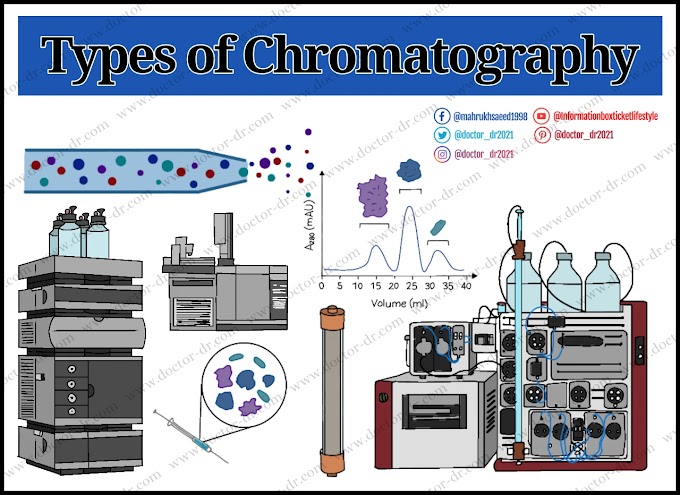The Emergence of Fusobacterium Nucleatum
In the ever-evolving world of microbiology, a bacterium known as Fusobacterium nucleatum (Fn) has emerged as a surprising culprit in the development of colorectal cancer. This opportunistic pathogen, commonly found in the mouth and associated with gum disease, has been discovered in a significant number of colorectal tumors and stool samples, raising important questions about its role in this devastating disease.
Fusobacterium's Journey from Mouth to Colon
Fusobacterium nucleatum is typically considered a normal part of the oral, gastrointestinal, and genital microbiomes. However, it can potentially infect the body through various means, such as bites or other pathways. What's particularly concerning is the bacterium's ability to migrate from the mouth to the colon, where it may contribute to the formation of tumors and even confer resistance to chemotherapy treatments.
The Prevalence and Subtypes of Fusobacterium in Colorectal Cancer
Researchers have found that Fn was present in approximately half of the 200 examined colorectal tumors and in many stool samples from patients with the disease. Further investigation revealed the existence of two distinct subtypes of Fn, with only one, Fna C2, being directly associated with colorectal cancer. This specific subtype was found to be more resilient in acidic conditions, suggesting it can successfully navigate the digestive tract from the mouth to the colon.
The Impact of Fusobacterium on Prognosis
The presence of Fn in colorectal tumors has been linked to poorer survival rates and prognosis for patients. This discovery opens up the possibility of developing targeted treatments using modified versions of the bacterium, which could be delivered directly into the tumors. Additionally, the research suggests that fecal tests and potentially even blood tests could be developed to detect the presence of Fna C2, allowing for earlier detection and intervention.
The Role of Diet in Fusobacterium Prevalence
Diet appears to play a significant role in the prevalence of Fusobacterium nucleatum. Studies indicate that long-term consumption of red meat and high-fat diets can increase the proportion of conditional pathogens like Fusobacterium nucleatum in the gut. Interestingly, while Fusobacterium nucleatum is associated with cancer promotion, it may also have anti-tumor properties when fed certain fibers. Some research suggests that dietary fiber can transform Fusobacterium nucleatum from a carcinogenic bacterium to an anti-tumor one through the production of short-chain fatty acids like butyrate, which have anti-cancer properties.
Fusobacterium and Other Diseases
The influence of Fusobacterium nucleatum extends beyond colorectal cancer. Researchers have found links between this bacterium and other conditions, such as endometriosis, rheumatoid arthritis, and irritable bowel syndrome (IBS). In endometriosis, Fn has been detected in the endometrial tissues, suggesting it may travel from the genital tract to the endometrium and potentially trigger the disease. Similarly, higher levels of Fusobacterium have been observed in patients with rheumatoid arthritis, where the bacterium can migrate inflammatory proteins into the joints, exacerbating the condition. Patients with IBS often have higher levels of Fusobacterium, which may contribute to dysbiosis and increased pain sensitivity.
Ongoing Research and Future Implications
The research on Fusobacterium nucleatum is ongoing, and new findings continue to shed light on its role in various diseases. While it is clear that diet influences the presence and impact of this bacterium, further studies are needed to fully understand its mechanisms and potential therapeutic targets. As the scientific community delves deeper into the complex relationship between oral bacteria and systemic health, the implications for early detection, targeted treatments, and preventive strategies continue to evolve.
Conclusion
The discovery of the link between Fusobacterium nucleatum and colorectal cancer has opened up a new frontier in our understanding of the human microbiome and its influence on our overall health. By unraveling the intricate connections between this opportunistic bacterium and various diseases, researchers are paving the way for innovative approaches to early detection, prevention, and targeted therapies. As we continue to explore the fascinating world of microbiology, the insights gained from the study of Fusobacterium hold the promise of transforming the way we approach and manage complex health conditions in the years to come.


~1.webp)

.webp)


